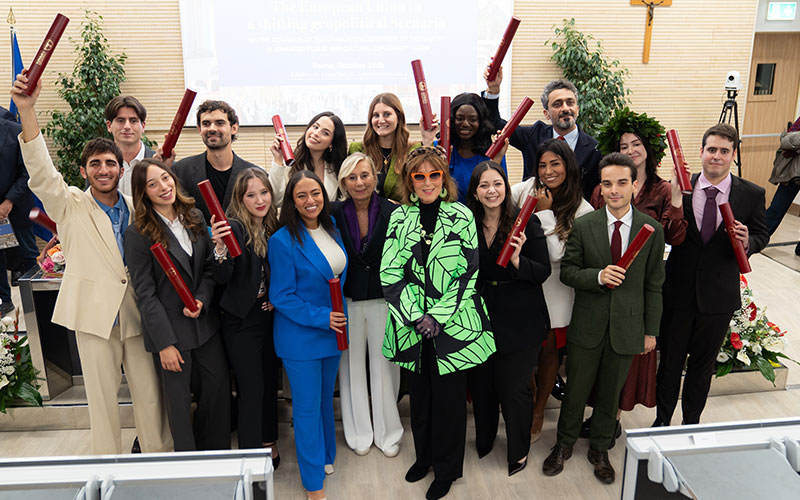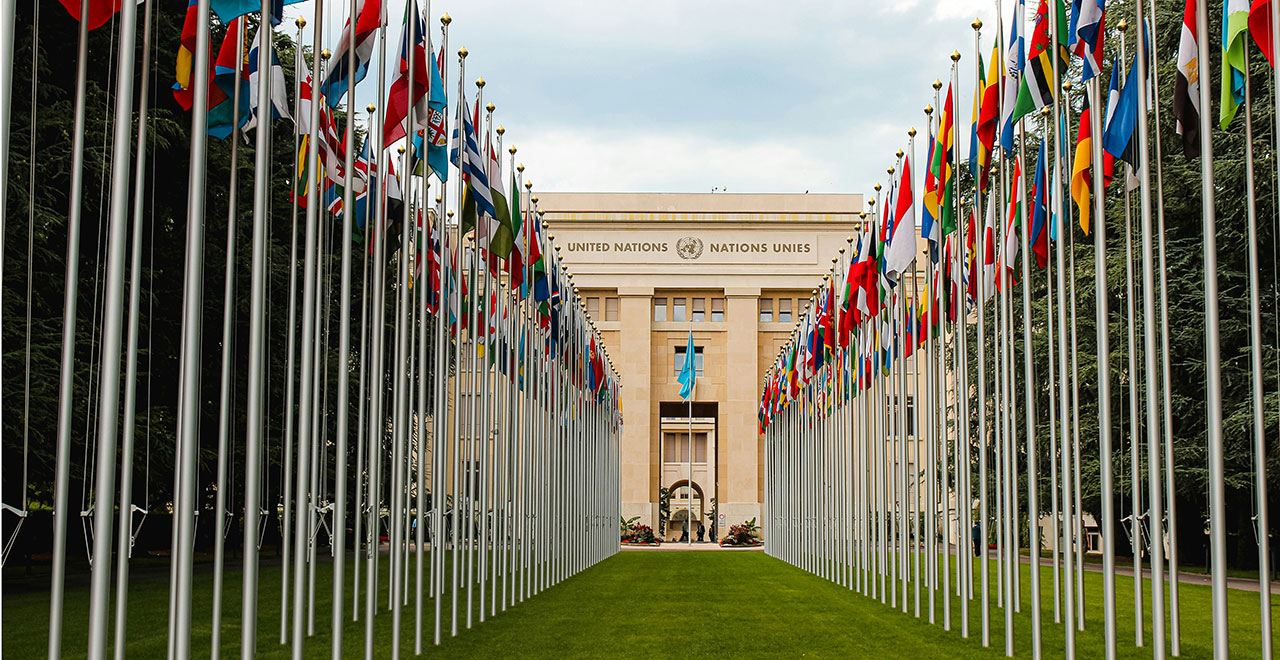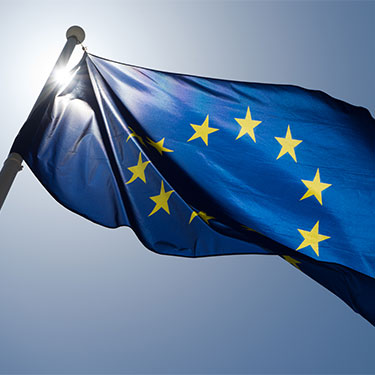Fin dal suo ultimo discorso sullo Stato dell’Unione con il conflitto in atto nel cuore dell’Europa e oggi con maggior evidenza per effetto delle ostilità in Medio Oriente, Ursula von der Leyen pone in primo piano l’urgenza di un’Europa geopolitica in risposta a un mondo in forte polarizzazione e auspica una sicurezza integrata, che mobiliti una gamma più ampia di strumenti.
Al tema della rilevanza della Cultura e della Cultural diplomacy nella riconfigurazione delle pratiche di Sicurezza della politica estera europea nelle attuali urgenze geopolitiche, la docente del nostro Ateneo, Federica Olivares sta dedicando una serie di interventi pubblici, tra i quali spicca il contributo su: The Relevance of Culture for Security: Five priorities for impactful policies and for rethinking Cultural diplomacy strategies, pubblicato in questi giorni dalle Nazioni Unite, sul sito DESA - Department of Economic and Social Affairs, e riprodotto integralmente qui di seguito.
The impactful role that culture and cultural diplomacy can play in the prevention of conflicts and in the quest for security and sustainable development in these challenging times must be urgently considered. The cultural dimension of security has always been central in the post-Cold War, yet it became prominent from the late 1980s, involving a reconfiguration of the field of security from material and military factors towards cultural and symbolic forms of distinctiveness and global influence.
From a systemic perspective, the assumption is that an international society will only be stable and sustainable as long as its members agree on a basic set of values, guiding their actions. Culture acts as a transmission belt propagating resilience in times of crises and as a stabilizer in international relations.
To unleash the relevance of Culture for Security and translate it into impactful policies and actions, five priorities appear most urgent.
1. Ensuring a right to culture as an intrinsic component of human rights and sustainability
Although well aware of the complexity of the concept of “cultural rights” and of its varying meanings in different contexts, it is undeniable that the upsurge in conflicts throughout the world and the erosion of democratic practices are causing a massive, though widely undetected, erosion of people’s rights to culture in all its iridescent aspects: from access, to participation and production, to free expression and the enjoyment and personal enrichment through cultural experiences that determine our development as human beings and our connectedness to humankind and its destiny.
The profound cultural void induced by wars with the concurrent destructions of cultural heritage and therefore of peoples’ memory and identity along with the more subtle jeopardizing of cultural expression and diversity by non-democratic governments are producing a massive global setback on cultural rights, necessitating immediate global awareness.
2. Reputational security
“From Soft Power to Reputational Security: refocusing Public Diplomacy for a dangerous world”, as Prof. Nick Cull in his latest book defines the paradigm shift that also impacts culture’s role in international relations.
By reputational security, Cull means that: “if and when a country is well-thought of and seen as relevant by international audiences, it fares better in moments of crisis than states which are unknown. Reputational Security is a place on the high ground of the global imagination; it means that when a challenge comes – whether from a neighbour contesting sovereignty, internal secession, or rising sea levels – the world cares.” It proves to be both preventive and counteractive to neutralize the false narratives about countries and peoples so prevalent in the global media space.
3. Diaspora Diplomacy
It is a growing area of Reputational Security with multi-directional aspects. Diasporas can act as transnational actors, projecting positive and alternative images and narratives of their homelands, cultures, and histories on different media platforms. Interesting in this regard are the newly launched Instagram and X accounts, @netflixgolden, that celebrate the diverse stories of the pan-Asian diaspora on Netflix.
In the forging of new reputation for immigrant diasporas, museums can play a crucial role since they have become reliable diplomatic actors with growing practices of intercultural dialogue and with appreciation of the cultural expressions of endangered countries.
4. Sport Diplomacy
The exponentially growing relevance of sport in building bridges, as well as social inclusion, generating educational improvements by breeding new talents, and promoting sustainable development must be put more extensively to work as a powerful instrument of international relations.
Recent global sports events in different parts of the world have highlighted sport in the discourse on the many drivers of conflicts (such as structural social inequalities), thanks to its positive impacts in such settings, and have testified to sport’s role in sustainable development, especially in education, health, and even technology, as well as to its ability to facilitate peacebuilding, given its emphasis on cooperation, team spirit, and social cohesion.
5. Artists as crucial change agents in the global imagery of our future
The efficacy of contemporary art and young artists in imagining new scenarios of “How will we live together?” is still strongly underestimated. Instead, there is an urgent need of the new visions of artists in these times of a diminishing imagery of our future.
To achieve this, it is urgent to bring about a radical revision of funding strategies in contemporary art and bring more creative experimentation into dialogue with critical thinking through truly innovative programs. As stated by Kathryn Weir, co-director of the Lagos Biennial: “Artists are globally shifting away from the idea of the artwork as an end in itself towards the fabrication of generative models and prototypes to activate new possibilities and realities in the world”.
If the above five priorities are somehow crucial for a strategy of culture for security in these challenging times, where will the funding for the needed actions come from? From collaborating more amply with the private sector within the ESG (environment, social, governance) framework. In fact, major global investment funds- today the biggest shareholders of multinational companies - have enforced stringent mandatory rules on ESG compliance for listed companies. Consequently, a fast-growing number of corporations are looking for socially impactful ESG projects to invest in.
This macro trend in financial markets could prove of crucial relevance for financing inclusive projects also in difficult regional areas, within the broader PPE (public-private enterprise) framework and thus increase the creation of shared social value.
Foto di Mathias Reding su Unsplash







